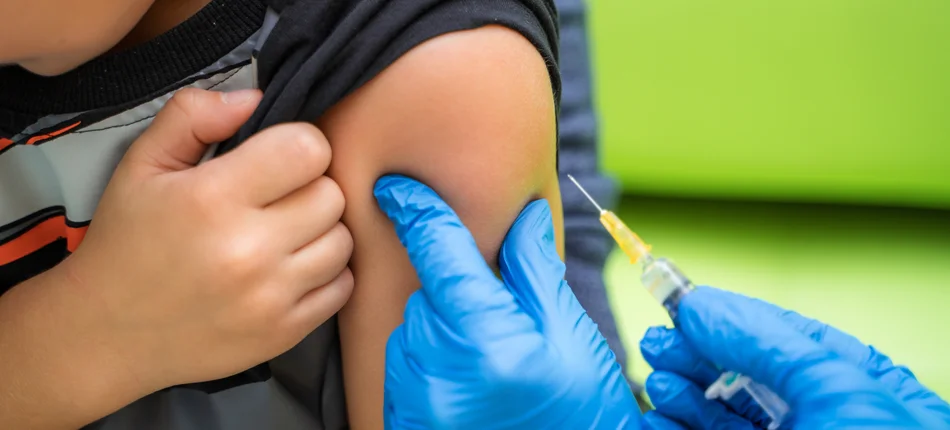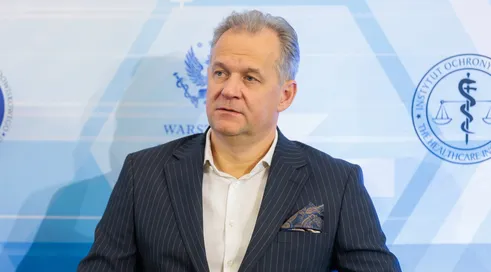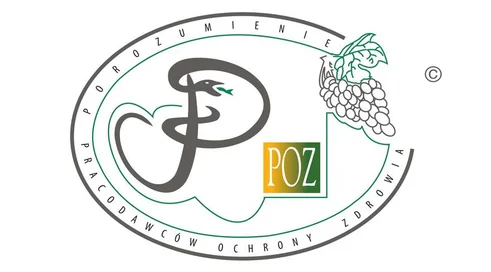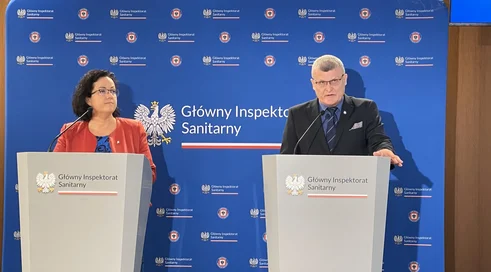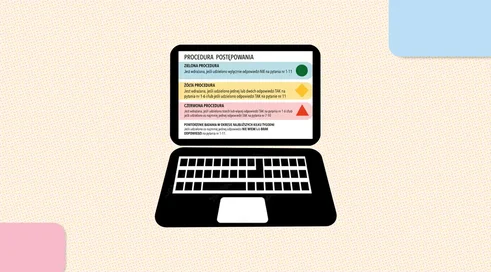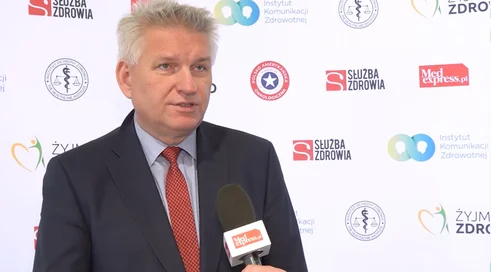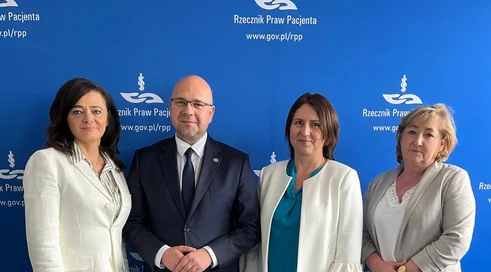LEARN AND UNDERSTAND THE CHALLENGES AND NEEDS
The qualitative study conducted gathered relevant information on several key areas. First, it focused on the experiences and attitudes of Polish doctors and nurses who have daily contact with Ukrainian patients, particularly mothers of children aged 1-5. Secondly, it explored the different approaches and attitudes of Ukrainian mothers toward vaccinating their children, while identifying important motivating factors and barriers related to the vaccination issue from the perspective of medical personnel. The study also aimed to capture Polish doctors' and nurses' perceptions of the problem of Ukrainian children's immunization rates, as well as to explore the staff's expectations of the support and assistance needed to effectively manage the immunization process among children from refugee families.
HOW ARE UKRAINIAN PATIENTS PERCEIVED?
Polish doctors and nurses often look at Ukrainian patients as a group requiring a special approach. The language barrier, although smaller than before - due to education and more staff with Ukrainian, Russian or Belarusian language skills - is still a problem. Senior doctors and nurses, who speak basic Russian, are helping to improve communication. Despite these positive changes, it still takes more time to serve and take care of Ukrainian patients.
Content locked
To gain access to the complete English section of the Medexpress.pl, kindly reach out to us at english@medexpress.pl.



